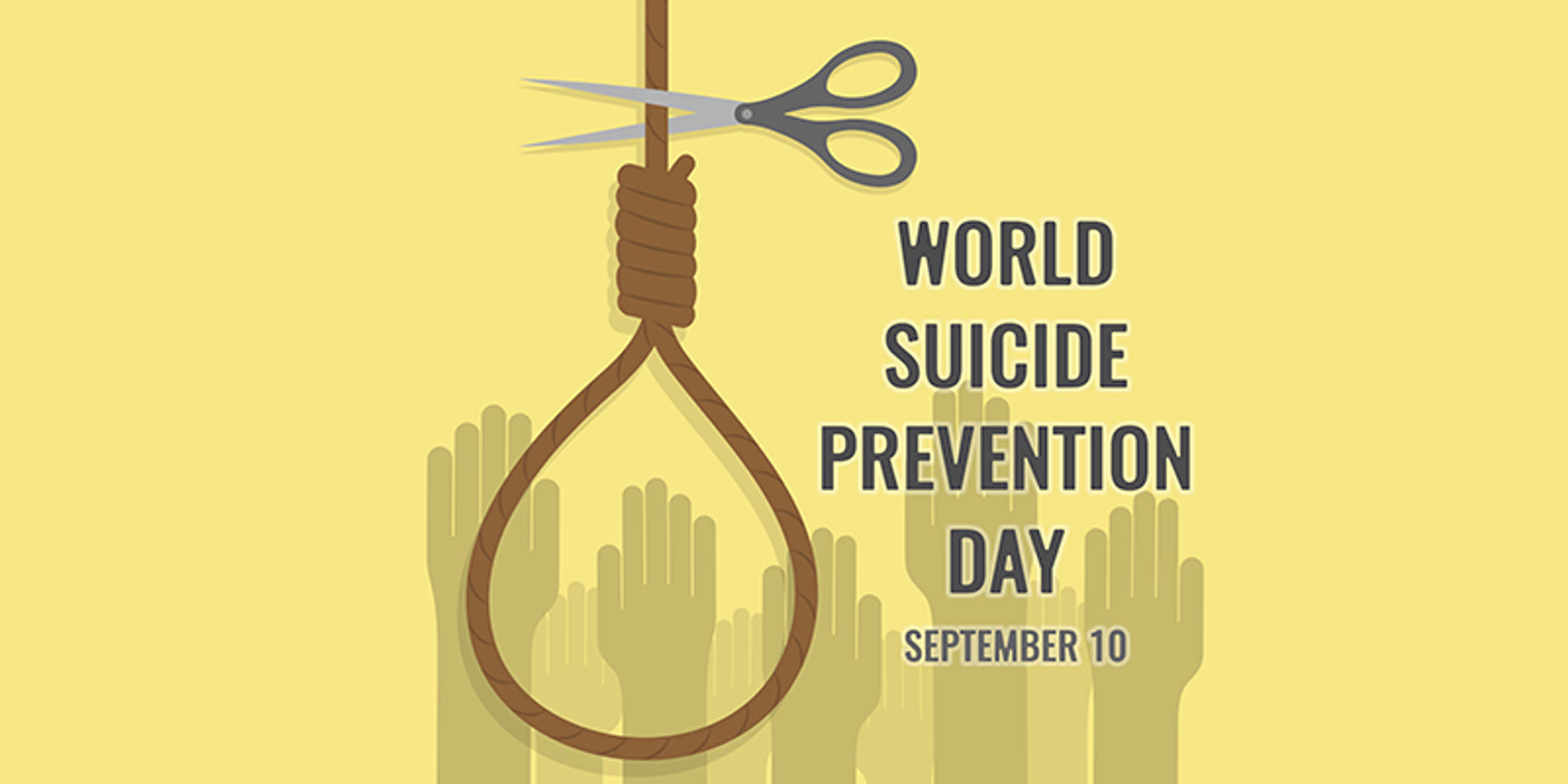Date: September 10, 2025

Every year, close to 800,000 people die by suicide. It is a global issue that affects people of all ages, backgrounds, and cultures.
You may already know that suicide is a serious issue, but what have you done about it?
Why this day matters
- Suicide is one of the leading causes of death worldwide, especially among young adults and teens.
- Mental health conditions, such as depression and anxiety, are key factors contributing to suicide.
- Many people who attempt suicide don’t seek help due to stigma, isolation, or lack of awareness.
- Suicide prevention efforts can save lives, yet the majority of suicide cases go unnoticed or untreated.
- Communities, workplaces, and schools must unite to create supportive, open environments.
What you risk with suicidal thoughts
- Feelings of hopelessness and isolation.
- Deteriorating mental health, which can impact personal relationships.
- Long-term emotional and physical pain for loved ones.
- A potential cycle of untreated mental health struggles.
What you gain by seeking help
- Improved mental well-being through therapy, support, and medication.
- A sense of belonging and connectedness with others who care about you.
- Increased resilience and strength in facing life’s challenges.
- Renewed hope for the future and personal growth.
- Stronger relationships with friends and family, based on honesty and understanding.
Ask yourself
- Have you been feeling overwhelmed or hopeless lately?
- Are you avoiding talking to others about how you’re feeling?
- Do you find it difficult to see any way out of your problems?
- Are you using unhealthy coping mechanisms like substance abuse or isolation?
If you answered “yes” to any of these, today is a good day to seek help.
How to take action

- Speak to a mental health professional about your feelings.
- Call a helpline or reach out to a trusted friend or family member.
- Practice mindfulness or other coping mechanisms like breathing exercises or journaling.
- Avoid substances that impair judgment and worsen emotional distress.
- Engage in activities that bring you joy and relaxation, even if it’s just a small step.
How you can help others
- Reach out to someone who seems withdrawn or distressed, offering a listening ear without judgment.
- Learn the signs of mental health struggles so you can recognize when someone is at risk.
- Encourage friends and family to seek professional help and provide them with resources.
- Support campaigns that raise awareness about mental health and suicide prevention.
- Volunteer or donate to organizations that focus on suicide prevention and mental health support.
Suicide doesn’t just take a life; it leaves a trail of pain for family, friends, and communities. It’s essential to recognize the signs and act before it’s too late.
You have the power to make a difference. Speak up. Reach out. Seek help.